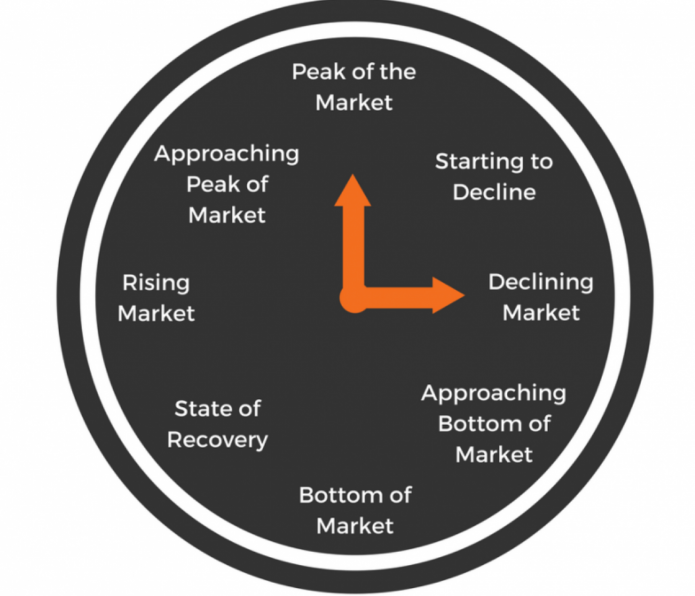Auction Clearance rates are often spruiked in the media to indicate the strength, or weakness of the property market. However, Auction clearance rates are NOT a true indication of market strength.
From mid 2018 you would have noted the media reporting that the auction clearance rates were in decline, but what does this quoted figure actually mean?
Auction Clearance Rates (ACR) are calculated as a percentage of the number of properties sold at auction over a defined timeframe and are often used as an indication of whether it is a sellers’ market or a buyers’ market (typically when ACR is below 60%).
One of the main issues of using the Auction Clearance Rate as an indicator of market strength, is that the ACR is often quoted for the major capital cities and not for the individual market.
If the ACR has declined in a capital city, this does not mean that the ACR has declined in all the markets within that city.
The trouble is, that there are multiple factors that impact the ACR such as:
- Properties withdrawn from auction or sell prior to auction
- The number of properties being sold at auction (a large quantity vs a small quantity).
- Prevailing interest rates
- Changes in Government policy/ Elections
- Time of the year
- Public holidays (even sporting events!).
The risk of using ACR to determine market strength is that the ACR is not comparable month on month. In a “buyers’ market” typically less properties will be sold at auction (due to the selling agents strategy), compared to a “sellers’ market” where many properties will be sold at auction. This is why the ACR rate is not comparable.
For example, in a buyers’ market you may have 3 properties for auction and 9 listed for sale by private treaty. If none of the 9 private treaty properties sell but 2 of the 3 auction properties were to sell, the ACR would be 66%. In a sellers’ market, all these properties might be listed for auction. If 7 of the 12 properties are sold at auction, then the ACR will be 58%. In comparison, using ACR only, the first scenario indicates a stronger market but only 2 out of 12 properties sold whereas 7 properties sold in the second scenario. Therefore, the ACR can be strongly influenced by the selling agent’s sales tactics.
Also consider that auctions are not suited to all markets. The tactic to sell at auction is more well suited to properties that are unique and harder to place a clear value on. Auctions are favoured to more popular and premium homes. In less expensive markets, properties are usually sold by private treaty, therefore the ACR is not a true indication of the overall market strength.
The true market indicators
There are many other more reliable indicators of the market that could be used as an indication of market strength. As Buyers’ Agents, we always assess the following indicators in a market:
- Property Values in the area. Are the values rising or declining in the medium/long term.
- Days on Market to sell a property. (a lower number of days would indicate a hot market, the longer days on market indicate a slow market). This statistic is not influenced by sales strategy and includes both auction and private treaty sales.
- Vacancy rates. This indicates the demand/supply for rental properties and can be an indication of the desirability of a suburb.
- Average rate of vendor discounting. This statistic shows how much the vendor had to reduce the listed price in order to secure the sale. In tougher market conditions, some vendors are requiring to discount properties up to 10% from the listed price.
More importantly, when trying to find an indication of the strength of the market, you should take into consideration all factors and ensure you pay attention to relevance and reliability of the data for your particular market.
If you are looking for a Buyers’ Agent to assist you with purchasing a home or investment property in the Sydney, Brisbane and Newcastle regions, please get in touch with Aus Property Professionals here or give us a call on 1800 146 837!

